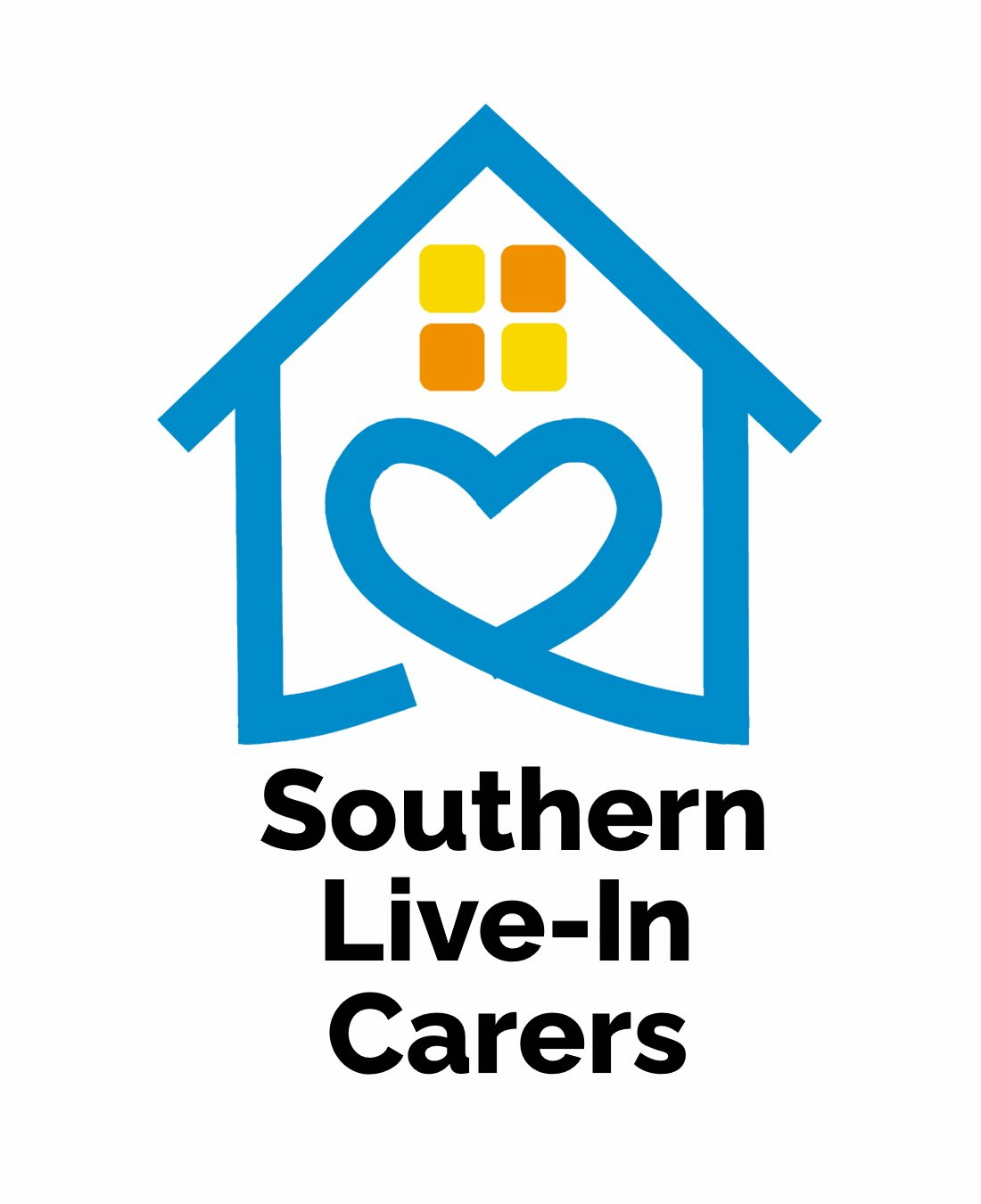Dealing with tax and money responsibilities as a self-employed live-in carer
This might seem like a lot of work, but if you have the right steps in place then it is easier than you’d expect. Managing money and being a responsible self-employed carer and taxpayer does not have to be difficult. Stay up to date by reviewing government guidance here.
This can have plenty of benefits, including more flexibility and control. But it also means you oversee your own money and finances. This includes checking your earnings, submitting tax returns, expenses and ensuring you are compliant with the HMRC.
For more information, visit the Money Advice Service.
Registering with HMRC
The first thing you need to do once you become a carer with us is to inform HMRC that you are working as a self-employed carer. To do this, you should register for a Self-Assessment. This is the system HMRC uses to collect income tax if you earn more than £12,570 from self-employment in a year (in 2021/22). If you have not done this before, you'll be sent a letter following your registration with a 10-digit Unique Taxpayer Reference (UTR) number. With this, you can set up your account for the Self-Assessment online service. However, the process takes approximately ten working days. You should bare this in mind if it is approaching the self-assessment tax return deadline.
For normal employment, tax is usually deducted automatically from wages. But as a self-employed worker, you need to report your own income and tax returns. This system allows you to do so.
You need to register by 5th October after the end of the tax year during which you became self-employed. So, if you started working for a client privately, on the 20th July 2020, then you’ll have until the 5th October 2021 to register. It is always best to register as soon as you have started working, so you do not forget and risk penalties.
If you have other jobs where your employer pays you through PAYE, you will not need to report these in your Self-Assessment. At the end of the tax year (6th April), HMRC will group everything together to determine how much tax and national insurance you need to pay.
Keeping on top of your earnings
You must keep track of all your payments diligently to be used to fill out your end of year Self-Assessment.
Just remember to keep some money left over to pay for taxes at the end of the year.
Your expenses
You should keep receipts for any expenses you pay out while working, or in relation to work. This might include travel, petrol, lunch, or shoes etc. You can claim back tax on some of these, which can be useful for offsetting costs.
By keeping on top of the things you are expected to do as a self-employed worker, you can reduce worries about finances. You can then focus on providing great care to your clients.
HMRC have a list of approved organisations and learned societies to help you determine whether you can claim or not. Whilst this list is aimed at employees, it gives a good view of the subscriptions you can claim as an expense on your tax return.
You may be required to drive your clients' homes. Petrol costs can quickly add up – so, if you're driving for work purposes, you can claim some travel costs on your Self-Assessment tax return. This extends to the costs of using public transport and parking, which is especially useful if you are travelling to hospitals.
Currently, self-assessment tax returns can be submitted to HMRC via post, HMRC's online portal, or using tax return software. By filing online or using tax return software, you will effectively be giving yourself an additional three months' extension as the online submission deadline is 31st January (as opposed to 31st October of the previous year for postal submission).
If you are new to self-assessments, you claim for tax relief by adding up your total allowable expenditure and including this figure on your tax return. Be sure to keep all receipts as they can act as evidence should HMRC require it. Of course, parking and clothing receipts are some of the easiest items to lose. Therefore it's important that you pay careful attention to how you store and log them, otherwise you run the unnecessary risk of a higher tax bill.
If you want to understand more about your responsibilities as a self-employed carer, HMRC has some great advice. You can also call them on 0300 200 3300 for more advice and assistance.





